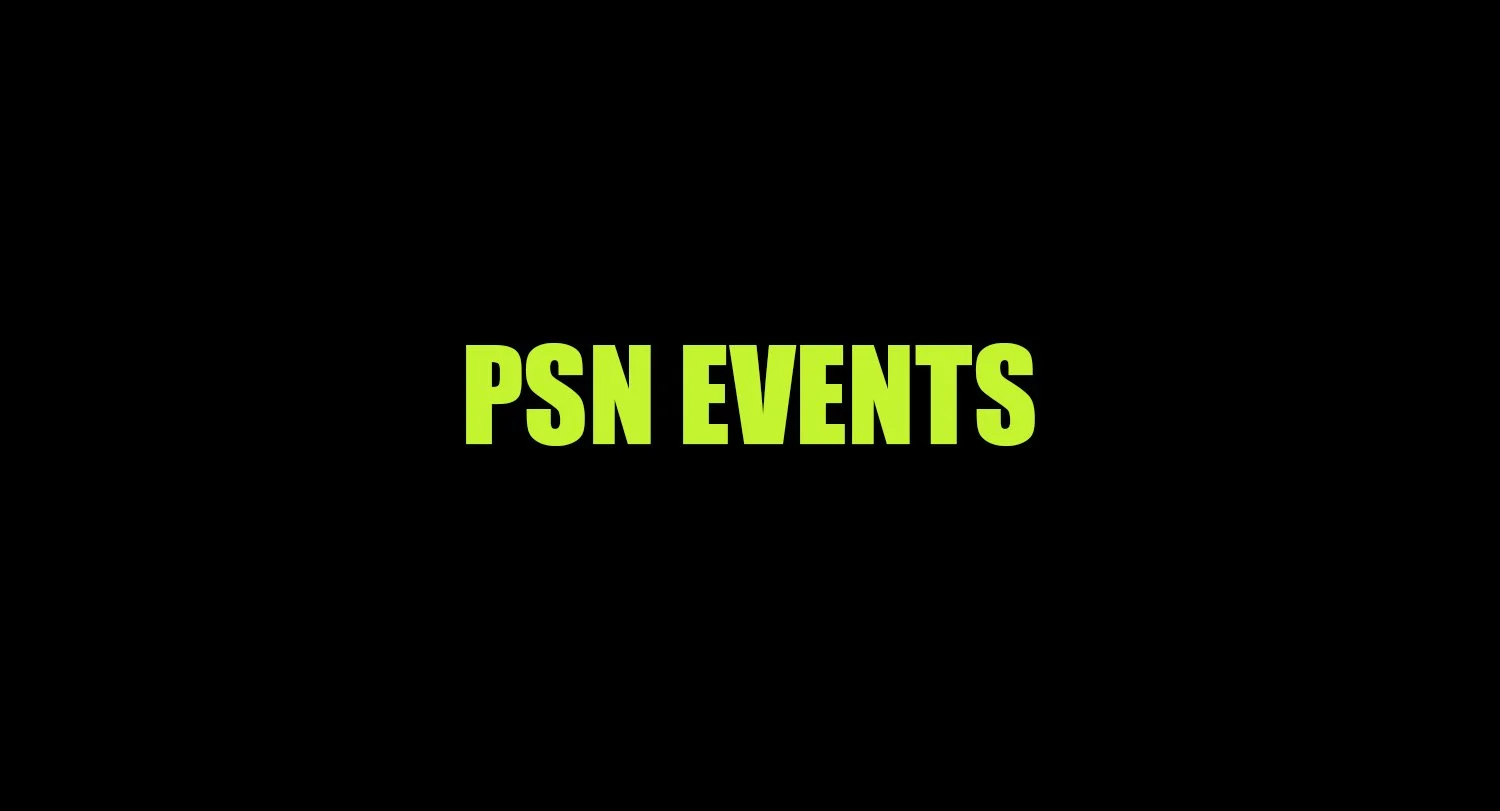Feeling/No Feelings. Phenomenology of Punk and Post-Punk Second Edition
University of Salerno 6, 7 and 8 May 2025
CALL FOR PROPOSALS
Following the activities promoted by the research project Unknown Pleasures (born in 2014), the second edition of the international conference Feeling/No Feelings: Phenomenology of Punk and Post-Punk aims at gathering reflections, insights, and studies on developments within the field of Punk Studies, from its origins to contemporary evolutions.
More than just a musical genre or a current born out of 'subcultures, ‘being punk’ (1977) is an attitude. It is a 'category of being.' It is aconstant and relentless challenge. Because punk is raw flesh. It is a beating heart, exploding with blood. It is provocation and afrontal assault. Punk means a generation taking possession of itself and deciding to do whatever it wants with it, including self-destruction or pushing toward rhizomatic creative processes. In its evolution, punk would also become a 'generator' engine, continuing on its path defined as 'post-punk' (1978-1984), eventually intersecting with all the complex (and sometimescontradictory) branches that bring punk into the 21st century, where we find an expanded array of sounds and further challenges and perspectives for investigation.
The conference will focus on the musical, textual, stylistic, and cultural dimensions of punk and post-punk, including their fashion, imaginaries, consumption patterns, innovations, and practices. It will also explore the socio-cultural and sociolinguistic paradigmsthat have shaped this universe across its various branches, narratives, and sonic influences.Starting from the theoretical-critical and operational framework produced by Italian, European, and worldwide experiences recognized within punk and post-punk culture, this second edition (continuing the research path that began in 2014 with a conference dedicated to David Bowie and further developed through various publications, focus areas, and study seminars) seeks to thoroughly investigate this important chapter of generational output.
The conference is driven not only by scientific and cultural aims but also, it must be clear, by a deep personal connection. It aims to reconstruct not only the foundational roots and subversive musical and artistic project of punk and post-punk but also to recount their emotional and passionate dimension. By outlining the contours, plots, stories, nuances, and expressive models of those whowanted to scream their contradiction to the world—between beauty and restlessness, desire and rejection, energy and decay,between Feeling and No Feelings.
Conference Themes
We have identified the following 10 thematic areas around which panels and lectures will be organized (but other proposals may also be considered):
The poetics and imaginary of punk and post-punk culture.
The analysis of individual musicians or musical groups punk and post-punk.
Major scholars who have reflected on punk and post-punk culture.
Key events, concerts, and moments in recent decades punk and post-punk.
The relationship between punk and post-punk cultures and imaginaries (cinema, literature, theatre, visual arts, digital media).
The cultural positioning of punk and post-punk in relation to society, current events, and politics.
Narratives of punk and post-punk regarding post-colonial studies, inclusion, gender studies, etc.
The influence of punk and post-punk on the fashion industry.
The textual, linguistic, and stylistic dimensions of punk and post-punk.
Multimodality: verbal and non-verbal language punk and post-punk in the construction of identity.


